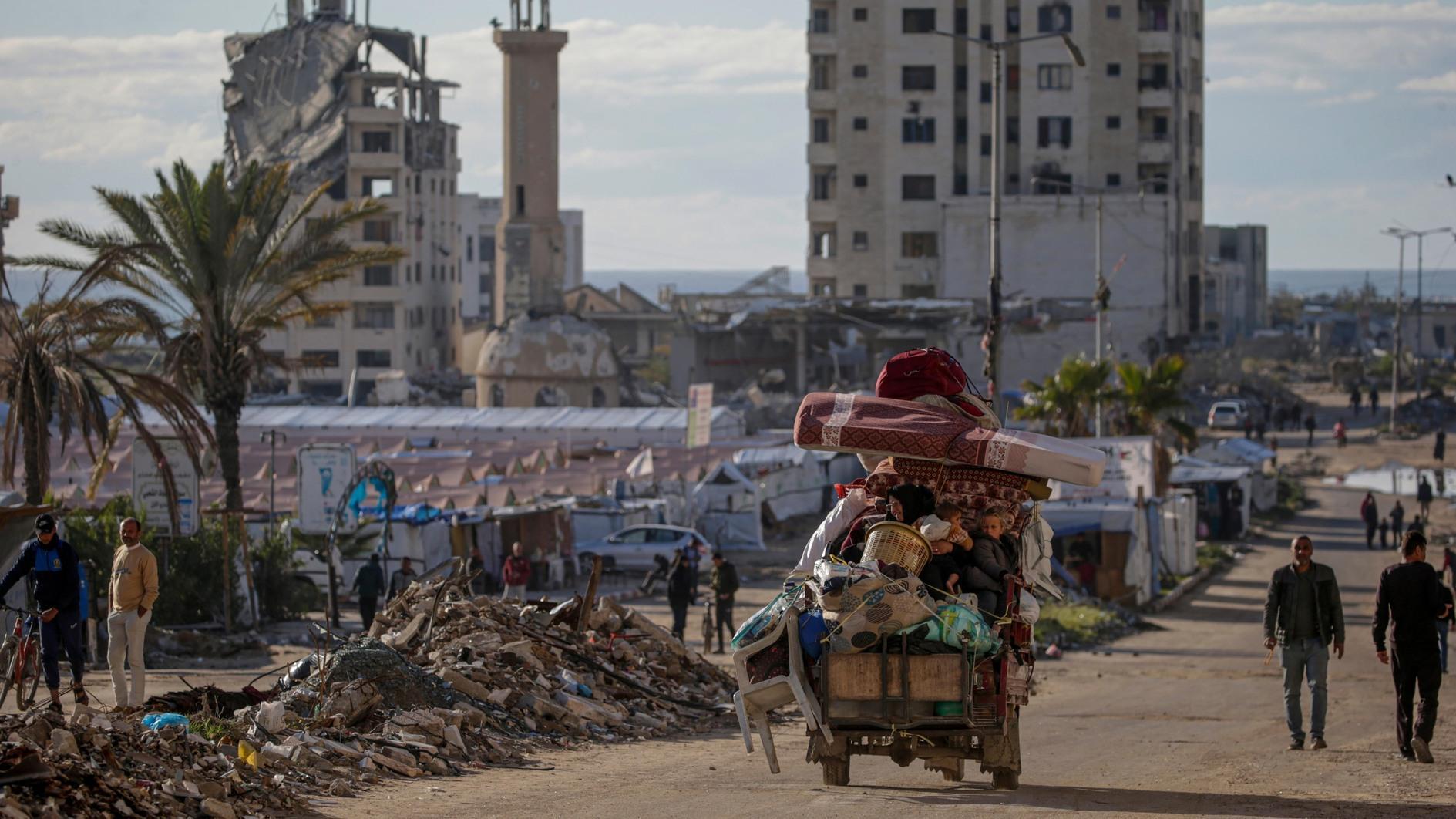It’s not the right time to teach Turkey a lesson
Every time I see Turkey make an effort to mobilize international support to end the bloodshed in Syria, I cannot help but recall the results of the Transatlantic Trends survey conducted by the German Marshall Fund. When asked in the 2009 survey with which Turkey should cooperate most closely, the EU or the US, some 43 percent said Turkey should act alone – nearly twice the percentage of those favoring cooperation with the EU and ten times that favoring cooperation with the US. In 2010 this rate dropped to 34 percent, while in 2011 it has gone down further to 27 percent.
I am assuming that this rate might drop even further in the 2012 poll, if the Turkish public continues to hear complaints such as that voiced by Cemil Çicek, the Parliament speaker, which put the situation with Syria in unequivocal terms. “Don’t wind us up on that issue (Syria). No one should be so cunning, watching [the conflict in Syria] like a football game and leaving it to Turkey to handle,” Çiçek said last week in an interview with a media outlet from Saudi Arabia.
Çiçek described as “cunning” those who are taking the easy way out of the Syrian crisis by saying, “let’s leave the dirty work to Turkey.” Indeed, most probably they recall Foreign Minister Ahmet Davutoğlu’s famous statement from last year, when he addressed Turkey’s ambassadors. Davutoğlu said that Turkish diplomats would not only be like firefighters, rushing to stop crises in any corner of the world, but also like city planners, meaning that they would pursue a policy of preventing crises from happening.
It happens that Turkey’s firefighters have proven unable to extinguish the fire right next door. And naturally not a day goes by without an article appearing in the international press emphasizing the contrast between Turkey’s rhetoric and its real capacity to deliver.
“It is time to ask what separates great powers from small powers,” Anne-Marie Slaughter, a former director of policy planning for the US State Department, wrote recently, “States that are eager to enjoy the trappings of great-power status – the deference accorded their diplomats, high-level global parlays abroad and important diplomatic conferences at home, and the assumption that they must be consulted on major events or crises in their regions – must accept the burdens that go with it. They must be prepared not just to talk, but to act,” she concluded.
As someone who has criticized the government’s exaggerated rhetoric, I share Slaughter’s views. Yet, this is not the day to lecture the ruling Justice and Development Party (AKP) about the virtues of adopting a foreign policy discourse that is proportionate to Turkey’s means and capabilities. We should stop such lecturing, which takes place at the cost of dead bodies and which will not contribute to ending the bloodshed.
Neither humiliating criticism nor exaggerated taps on the shoulder praising Turkey’s “grandeur” will force the government to act alone in Syria. The AKP may be ambitious, but its ambitions have not yet come to the point of blinding it to the potential dangers of running after such adventures.
An international effort is needed to deal with the crisis in Syria, and all relevant actors should rejoice that at least there is one country in the region willing to do all it can to contribute to these efforts.











